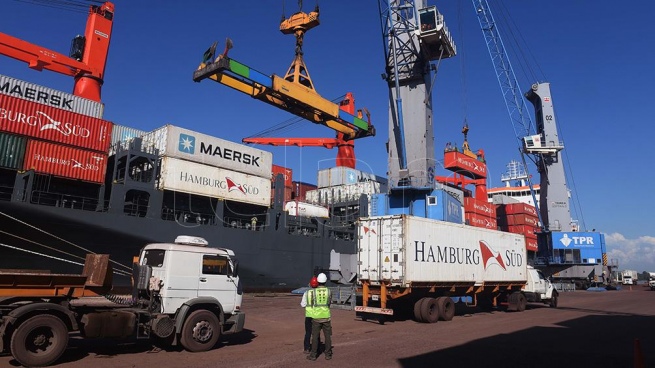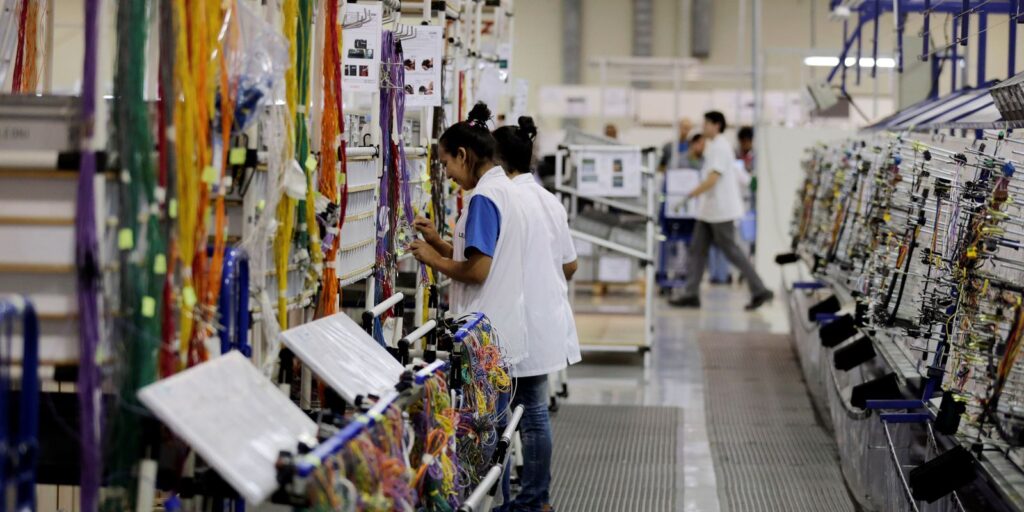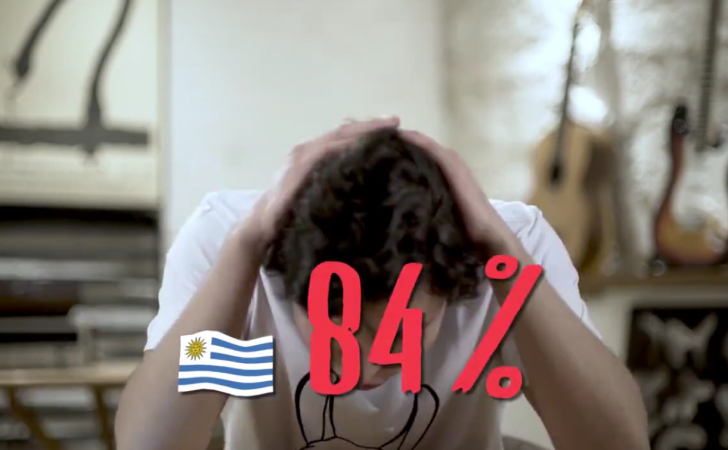The General Directorate of Customs (DGA) denounced before the Contentious-Administrative Justice an import maneuver by a company without the requirement of validation of the Advance Import Sworn Declaration (DJAI) of the Comprehensive Import Monitoring System (SIMI) which then “ceded” the authorization to another firm.
According to the complaint filed, the Yoko firm obtained judicial authorizations, via precautionary measures, to import merchandise, skipping the requirement to validate the SIMI declaration.
It’s a statement, The Customs indicated that Yoko “later ‘ceded’ the authorization to another firm, Tropea, a company dedicated to the import and sale of leather goods with its own brand, so that the latter could take advantage of the judicial measure and can import wallets made in China without SIMI approval”.
The complaint was filed on Friday, July 15, in the Contentious Administrative Court Number 8, in charge of Osvaldo Otheguy.
“Customs must protect the national industry and Argentine employment, but also avoid maneuvers by which some importers want to make dollars illegally and deceiving the State” Guillermo Michel – General Director of Customs
In the letter, the DGA denounced that Yoko did not use the “injunction” in the terms that he obtained it and that he “transferred” the jurisdictional protection that the judicial measure gives to the benefit of Tropea.
For this, the Customs brought to justice a simulation of Yoko through an authorization “contract” to market the “Tropea” brand for only one month: between June 21 and July 21, 2022, in the period in which that the merchandise had to be nationalized with the SIMI pre-authorized by Yoko.
“In plain terms, Yoko ‘rented’ the precautionary to Tropea so that he could get hold of his merchandise” and ultimately the first of the companies mentioned “functioned as a SIMI plant.”
“Customs must protect the national industry and Argentine employment, but also avoid maneuvers by which some importers want to make dollars illegally and deceiving the State,” said the director general of Customs, Guillermo Michel.
The SIMI is defined by the Federal Administration of Public Revenues (AFIP) as “an instrument that facilitates the exchange of information with external organizations that participate in the customs clearance of merchandise and adhere to the Single Window for Argentine Foreign Trade (Vucea).
After detecting the maneuver, Customs blocked the merchandise before it entered the market, notified the company of an infraction and applied a fine that could be up to five times the amount imported.
Also, accused the company of having violated the Customs Code for an inaccurate statement with tax damage.
Finally, was presented before the Federal Contentious Administrative Courtinformed of the findings and demanded that the judge, having flouted the judicial measure, extract testimonies to form a new investigation before the Economic Criminal Justice for alleged procedural fraud in the context of an import, which makes it in a federal matter.

The SIMI is defined by the Federal Administration of Public Revenues (AFIP) as “an instrument that facilitates the exchange of information with external organizations that participate in the customs clearance of merchandise and adhere to the Single Window for Argentine Foreign Trade (Vucea).
The system “was created to make the administrative procedure necessary to monitor imports simple, agile and transparent, and guarantee compliance with the basic safety regulations of imported products,” the agency added.
















